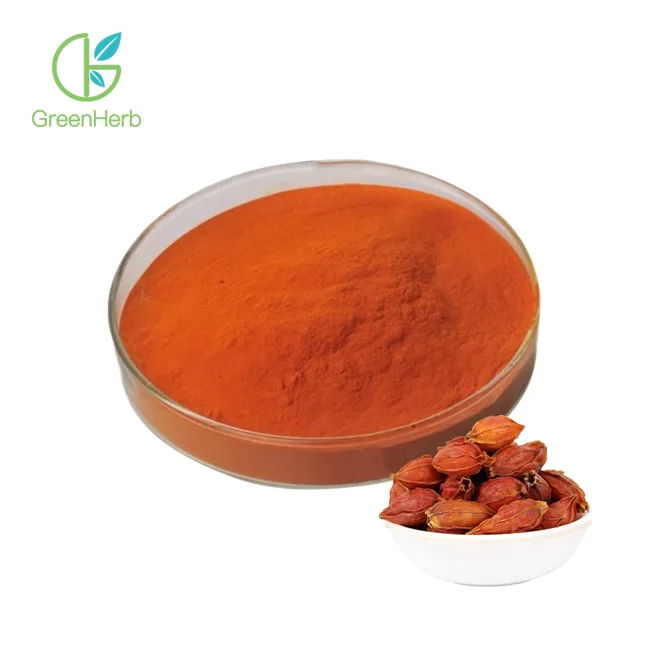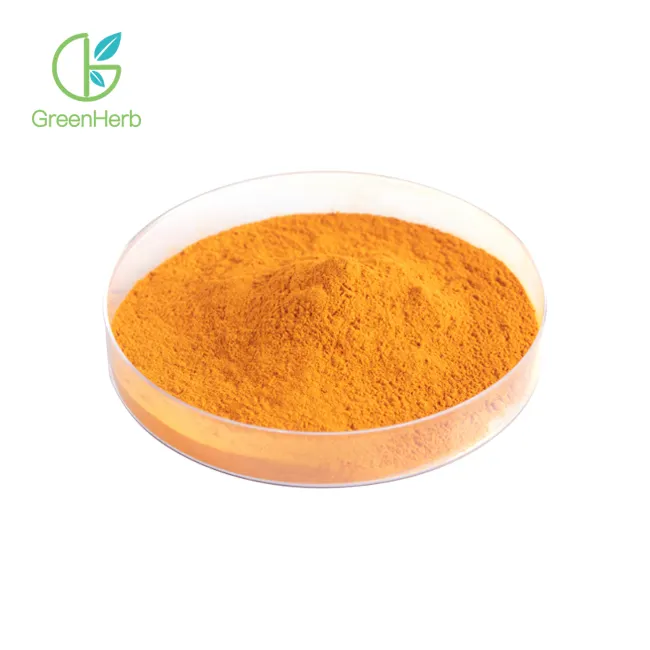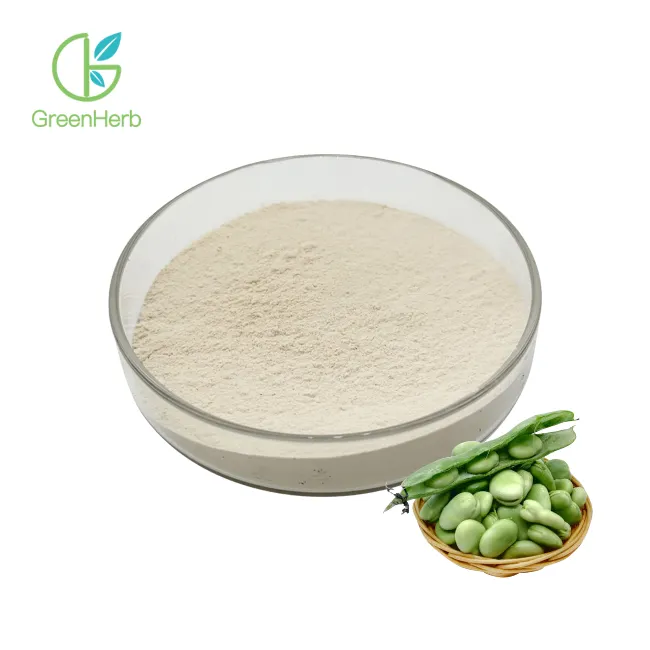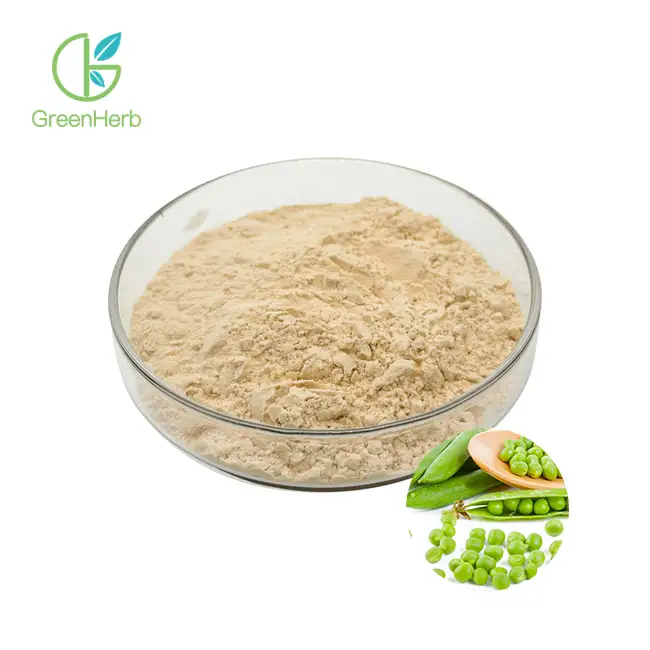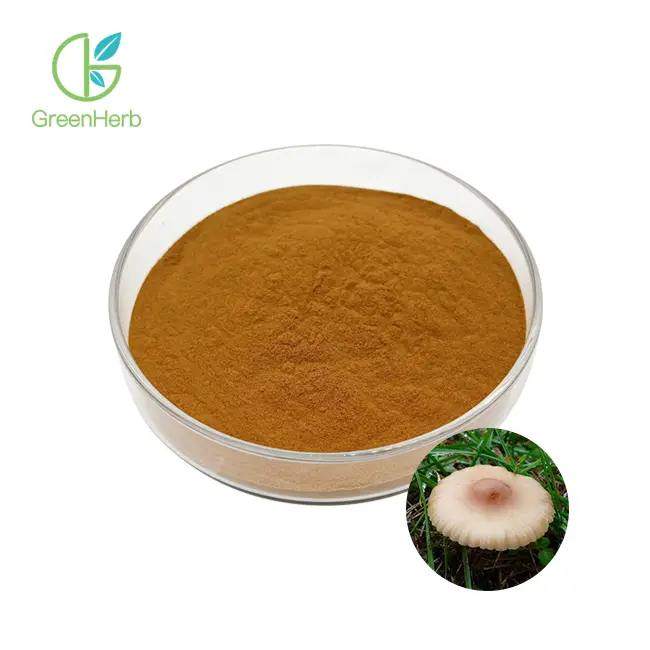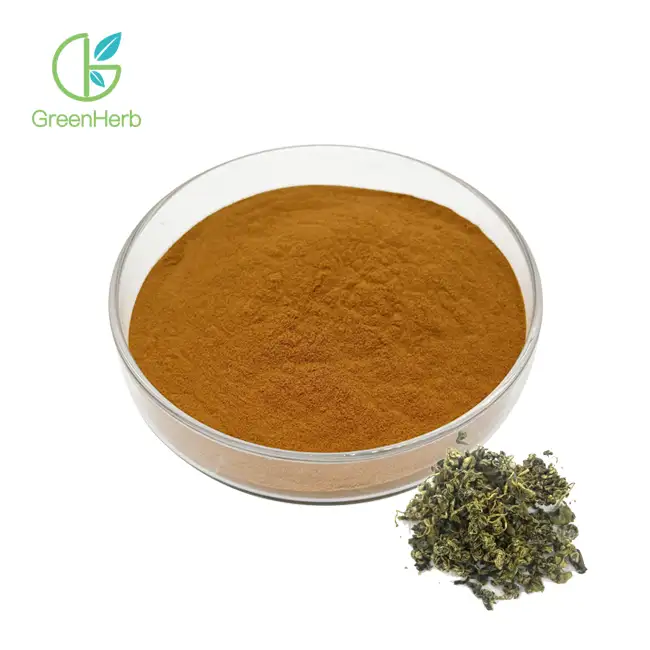- English
- French
- German
- Portuguese
- Spanish
- Russian
- Japanese
- Korean
- Arabic
- Greek
- German
- Turkish
- Italian
- Danish
- Romanian
- Indonesian
- Czech
- Afrikaans
- Swedish
- Polish
- Basque
- Catalan
- Esperanto
- Hindi
- Lao
- Albanian
- Amharic
- Armenian
- Azerbaijani
- Belarusian
- Bengali
- Bosnian
- Bulgarian
- Cebuano
- Chichewa
- Corsican
- Croatian
- Dutch
- Estonian
- Filipino
- Finnish
- Frisian
- Galician
- Georgian
- Gujarati
- Haitian
- Hausa
- Hawaiian
- Hebrew
- Hmong
- Hungarian
- Icelandic
- Igbo
- Javanese
- Kannada
- Kazakh
- Khmer
- Kurdish
- Kyrgyz
- Latin
- Latvian
- Lithuanian
- Luxembou..
- Macedonian
- Malagasy
- Malay
- Malayalam
- Maltese
- Maori
- Marathi
- Mongolian
- Burmese
- Nepali
- Norwegian
- Pashto
- Persian
- Punjabi
- Serbian
- Sesotho
- Sinhala
- Slovak
- Slovenian
- Somali
- Samoan
- Scots Gaelic
- Shona
- Sindhi
- Sundanese
- Swahili
- Tajik
- Tamil
- Telugu
- Thai
- Ukrainian
- Urdu
- Uzbek
- Vietnamese
- Welsh
- Xhosa
- Yiddish
- Yoruba
- Zulu
How does Pure Pea Protein Powder compare to other protein sources like whey and soy?
In this article, I will delve into the comparison between Pure Pea Protein Powder and two other popular protein sources: whey and soy.Through examining their nutritional profiles, benefits, and potential drawbacks, you'll gain valuable insights to guide your dietary decisions.
Understanding the Composition and Benefits of the Powder
Unadulterated Pea Protein Powder, determined from yellow peas, has picked up ubiquity in later a long time due to its tall protein substance and appropriateness for different dietary inclinations, counting veggie lover and veggie lover diets.Unlike animal-based proteins like whey, pea protein offers a plant-based elective that is free from lactose, making it appropriate for people with lactose bigotry or dairy hypersensitivities.Pea protein is renowned for its rich amino acid profile, particularly its high levels of branched-chain amino acids (BCAAs) like leucine, isoleucine, and valine.These fundamental amino acids play a pivotal part in muscle protein union, making pea protein an amazing choice for competitors and wellness devotees looking to back muscle recuperation and growth.
Examining the Dietary Profile of Whey Protein: Qualities and WeaknessesThis substance looks as well robotic.Whey protein, determined from drain, is one of the most well known protein supplements on the advertise, prized for its fast absorption and retention rates.It contains all nine essential amino acids, making it a complete protein source that effectively supports muscle protein synthesis.One of the key strengths of whey protein is its high bioavailability, meaning that the body can efficiently utilize and absorb its amino acids.This makes whey protein an ideal choice for post-workout supplementation when fast nutrient delivery is paramount for muscle recovery.
However, whey protein is not without its drawbacks.For individuals with lactose intolerance or dairy allergies, whey protein may cause digestive discomfort.Additionally, some individuals prefer to avoid animal-derived products for ethical or environmental reasons, making pea protein a more suitable alternative.

Delving into Soy Protein: Pros and Cons in Comparison to Pea Protein
Soy protein is another plant-based protein alternative that has been broadly examined for its wellbeing benefits.Like pea protein, soy protein is a total protein source, containing all nine basic amino acids fundamental for ideal health.
One outstanding advantage of soy protein is its potential wellbeing benefits past muscle building.Soy protein contains phytoestrogens, which have been connected to different wellbeing benefits, counting progressed heart wellbeing and decreased chance of certain cancers.
Additionally, soy protein is actually moo in fat and cholesterol, making it a heart-healthy protein choice.However, concerns have been raised approximately soy protein's potential estrogenic impacts, especially among men.Some thinks about recommend that tall utilization of soy protein may affect hormone levels, in spite of the fact that more inquire about is required to completely get it its suggestions.

Considering Factors Beyond Nutrition: Environmental Impact and Allergenicity
When evaluating protein sources, it's essential to consider factors beyond just nutritional content.Natural affect is getting to be an progressively imperative thought for numerous buyers, with plant-based proteins like pea and soy frequently touted as more maintainable options to animal-based proteins like whey.Pure Pea Protein Powder stands out for its generally moo natural impression compared to whey protein, which requires critical assets for drain generation and processing.Additionally, pea protein generation produces less nursery gas outflows and requires less water and arrive, making it a more eco-friendly choice for naturally cognizant consumers.In terms of allergenicity, both pea and soy protein offer points of interest over whey protein for people with lactose narrow mindedness or dairy allergies.
However, it's basic to note that soy is a common allergen itself, and a few people may encounter unfavorable responses to soy protein.Pea protein, on the other hand, is for the most part well-tolerated and less likely to cause unfavorably susceptible responses.
Making an Informed Choice: Which Protein Source Fits Your Lifestyle and Goals?
Eventually, the choice between Immaculate the Powder, whey protein, and soy protein depends on your person dietary inclinations, way of life, and wellbeing goals.If you prioritize a plant-based slim down or have dietary confinements like lactose bigotry or dairy hypersensitivities, pea protein offers an great elective to whey protein.This substance looks as well roboticHowever, if you're looking for quick supplement conveyance and ideal muscle recuperation, whey protein may be the favored choice, especially for competitors and wellness enthusiasts.Soy protein, with its potential wellbeing benefits and heart-healthy profile, is another practical choice for those looking to broaden their protein sources.
In conclusion, each protein source has its claim one of a kind qualities and shortcomings, and there is no one-size-fits-all solution.
By considering components such as wholesome substance, natural affect, and allergenicity, you can make an educated choice that adjusts with your dietary needs and values.

Contact us
Are you interested in incorporating Pure Pea Protein Powder into your product line? Look no further! We are a professional manufacturing supplier with a GMP-certified factory, large inventory, and complete certificates. We support OEM production, offer fast delivery, and ensure tight packaging to maintain product freshness. Contact us at sales@greenherbbt.com to discuss how we can meet your protein powder needs.
References:
Joy, J. M., Lowery, R. P., Wilson, J. M., Purpura, M., De Souza, E. O., Wilson, S. M. C., ... & Jäger, R. (2013). The effects of 8 weeks of whey or rice protein supplementation on body composition and exercise performance. Nutrition Journal, 12(1), 86.
Effects of soy protein and soybean isoflavones on thyroid function in healthy adults and hypothyroid patients: a review of the relevant literature.
Thyroid, 16(3), 249-258.
Tang, J. E., Moore, D. R., Kujbida, G. W., Tarnopolsky, M. A., & Phillips, S. M. (2009).
Ingestion of whey hydrolysate, casein, or soy protein isolate: effects on mixed muscle protein synthesis at rest and following resistance exercise in young men.
Journal of Applied Physiology, 107(3), 987-992.
Wagh, A., & Zinjarde, S. (2019). Whey Proteins: Production, Properties, and Applications. In Handbook of Food Bioengineering (pp. 527-555). Academic Press.
Zhang, Y., Guo, K., LeBlanc, R. E., Loh, D., Schwartz, G. J., & Yu, Y. H. (2007). Increasing dietary leucine intake reduces diet-induced obesity and improves glucose and cholesterol metabolism in mice via multimechanisms. Diabetes, 56(6), 1647-1654.
